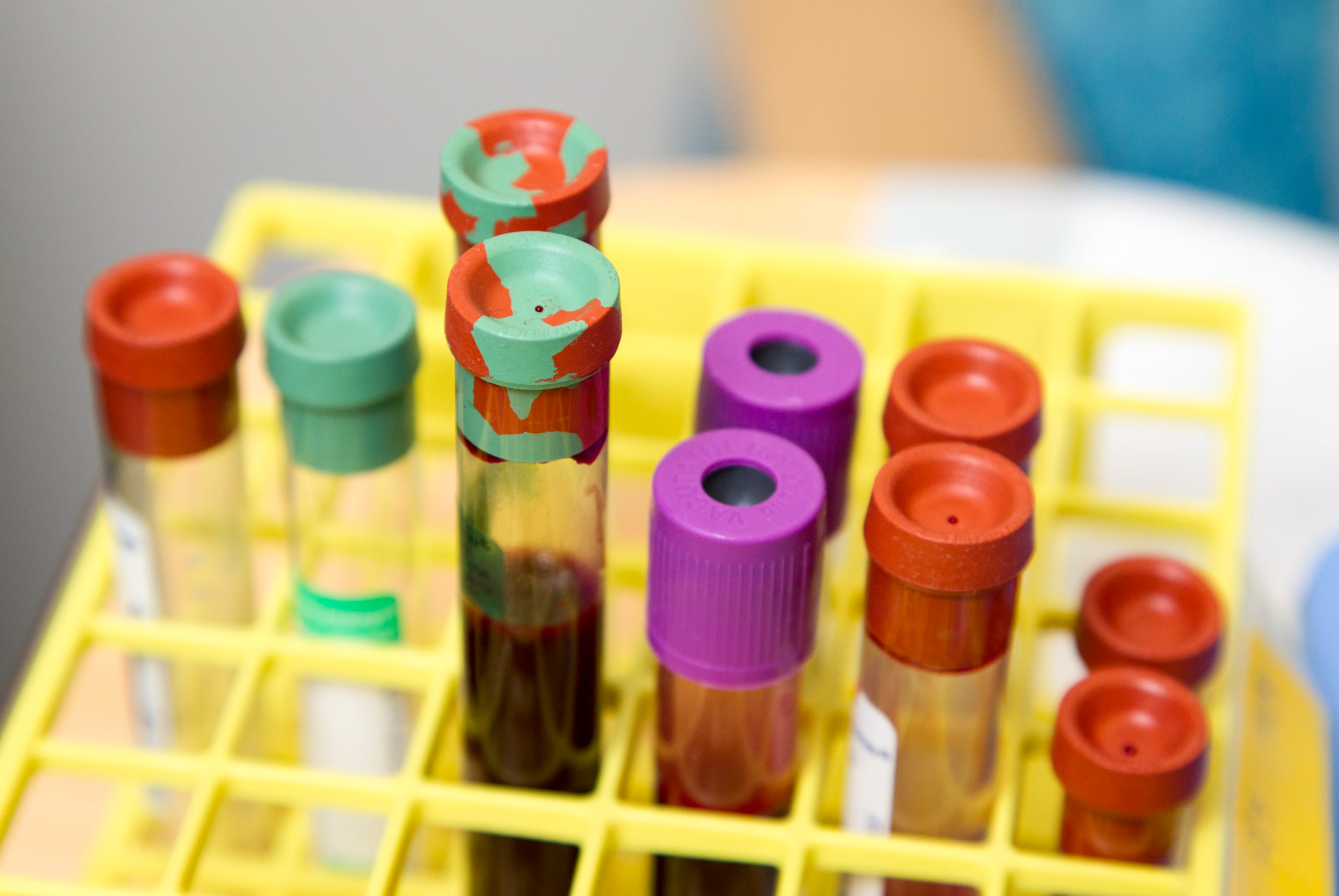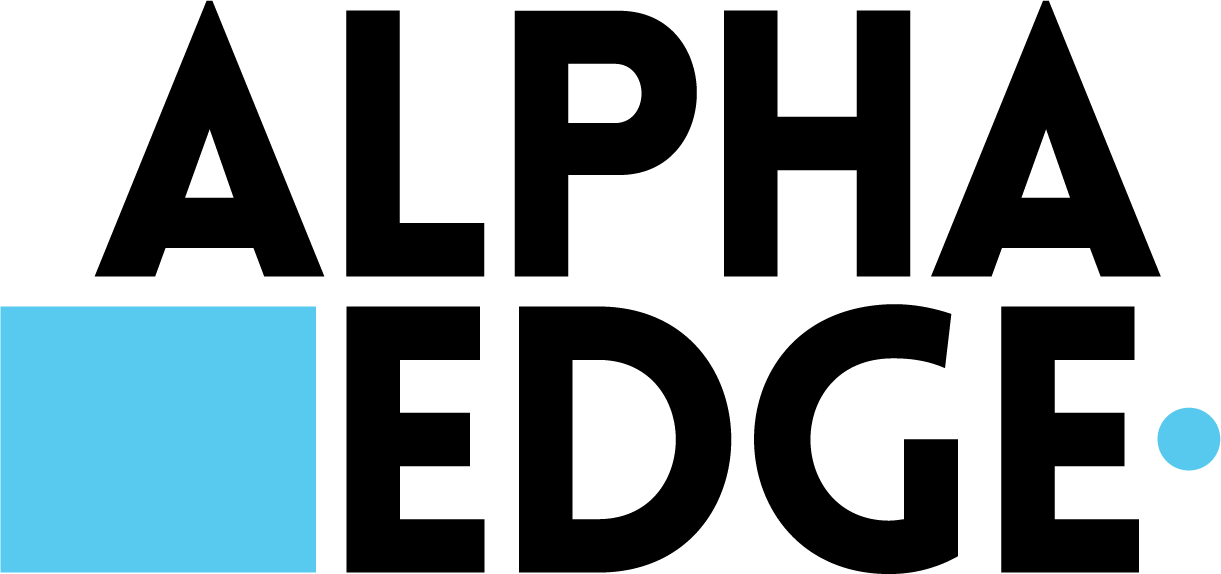
What We Test For – Female Health Panel
Our female blood test panel is designed to give a complete picture of your hormonal, metabolic, and nutritional health.
We work directly with Australian Clinical Labs to offer an extensive low cost blood panel.
We assess key markers including estrogen, progesterone, testosterone, thyroid hormones, stress hormones, and more — all of which play a vital role in energy levels, mood, menstrual health, fertility, and body composition.
Female Hormones
- Free Testosterone - Measures the unbound, active form of testosterone available to tissues. Crucial for libido, muscle mass, energy, and mood.
- Total Testosterone - Measures all testosterone in the blood (both bound and unbound). Provides a full picture of testosterone status.
- Oestradiol (E2) - A form of oestrogen Important for bone health, libido, and cardiovascular protection. Excess or deficiency can cause imbalances.
- Sex Hormone Binding Globulin (SHBG)
A protein that binds testosterone and oestrogen in the blood. High SHBG can lower free testosterone levels. - Luteinising Hormone (LH) - Signals the testes to produce testosterone. Low levels may indicate pituitary or testicular dysfunction.
- Follicle Stimulating Hormone (FSH)
Supports sperm production and testicular function. Often assessed alongside LH for fertility and HPTA recovery. - Progesterone - Supports mood stability and balances oestrogen. Plays a role in the male endocrine system and adrenal function.
- DHEA-S (Dehydroepiandrosterone Sulfate) A precursor hormone to testosterone and oestrogen. Reflects adrenal gland function and overall hormonal balance.
- Cortisol (AM) - The primary stress hormone. High or low levels can affect sleep, fat storage, energy levels, and testosterone production.
Growth & Recovery Markers
- IGF-1 (Insulin-Like Growth Factor 1) Mediates the effects of growth hormone (GH). Critical for muscle repair, recovery, and anti-ageing.
- Growth Hormone (GH) Involved in tissue growth, metabolism, and body composition. Typically low unless stimulated or during certain sleep phases.
Nutrient Status
- Glucose (Fasting) Indicates blood sugar control. Elevated levels may suggest insulin resistance or diabetes risk.
- Cholesterol / HDL / LDL / Triglycerides
- Cholesterol: Total amount in the blood
- HDL: "Good" cholesterol that helps remove excess cholesterol
- LDL: "Bad" cholesterol linked to plaque build-up in arteries
- Triglycerides: Fat in the blood, often elevated with insulin resistance or poor diet
- High Sensitivity C-Reactive Protein (hs-CRP) A marker of low-grade systemic inflammation. Elevated levels are associated with cardiovascular and metabolic disease risk.
Metabolic Health & Inflammation
- Full Blood Count (FBC) – Assesses red/white blood cells for signs of anaemia or immune issues.
- Blood Sugar (BSL) – Assesses your risk for insulin resistance or blood sugar imbalance.
- Liver Function – Checks liver health, which is key in metabolising hormones and medications.
- Kidney Function (eGFR, urea, creatinine) – Measures how well your kidneys are filtering.
- Electrolytes – Includes sodium, potassium, chloride, and bicarbonate — important for hydration and nerve/muscle function.
Organ Function & Vital Markers
- Liver Function Tests (LFT) Measures liver enzymes and proteins (ALT, AST, ALP, GGT, bilirubin). Helps identify liver inflammation or damage.
- Kidney Function – UEC (Urea, Electrolytes, Creatinine) Assesses kidney health, hydration, and electrolyte balance. Crucial for blood pressure and overall systemic function.
- Full Blood Count (FBC)
Evaluates red cells, white cells, and platelets. Screens for anaemia, infection, inflammation, and overall immune health.

